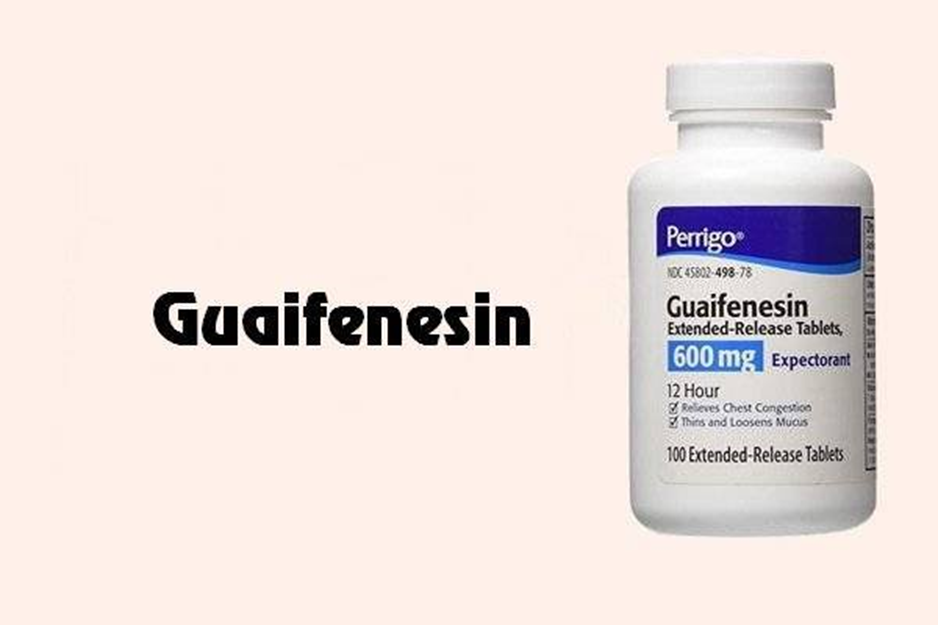A patient with a tracheostomy has difficulty removing excessive, thick mucus from the respiratory tract. The nurse expects that which drug will be ordered to aid in the removal of mucus?
Benzonatate
Guaifenesin
Diphenhydramine
Dextromethorphan
The Correct Answer is B
Choice A reason: Benzonatate is not the correct answer. Benzonatate is a cough suppressant that works by numbing the throat and lungs. It does not help in the removal of mucus.
Choice B reason: Guaifenesin is the correct answer. Guaifenesin is an expectorant that works by thinning and loosening the mucus in the airways. It helps in the removal of mucus by making it easier to cough up.

Choice C reason: Diphenhydramine is not the correct answer. Diphenhydramine is an antihistamine that works by blocking the effects of histamine, a chemical that causes allergy symptoms. It does not help in the removal of mucus.
Choice D reason: Dextromethorphan is not the correct answer. Dextromethorphan is a cough suppressant that works by affecting the signals in the brain that trigger the cough reflex. It does not help in the removal of mucus.
Nursing Test Bank
Naxlex Comprehensive Predictor Exams
Related Questions
Correct Answer is A
Explanation
Choice A reason: Hypokalemia is a low level of potassium in the blood. Furosemide is a loop diuretic that increases the excretion of water and electrolytes, including potassium. Hypokalemia can cause muscle weakness, cramps, arrhythmias, and digoxin toxicity.
Choice B reason: Hypoglycemia is a low level of glucose in the blood. Furosemide does not affect blood glucose levels or insulin secretion. Hypoglycemia may be caused by other factors such as diabetes medications, fasting, or alcohol intake.
Choice C reason: Weight gain is not an adverse effect of furosemide. Furosemide causes weight loss by reducing fluid retention and edema. Weight gain may be a sign of worsening heart failure or fluid overload.
Choice D reason: Increased blood pressure is not an adverse effect of furosemide. Furosemide lowers blood pressure by decreasing blood volume and cardiac preload. Increased blood pressure may be caused by other factors such as salt intake, stress, or kidney disease.
Correct Answer is C
Explanation
Choice A reason: This is incorrect because alopecia is not a common or serious adverse effect of finasteride. However, the patient should be informed that finasteride may cause decreased hair growth or loss of hair in some cases.
Choice B reason: This is incorrect because finasteride is not given by injection, but by oral route. The patient should take one tablet daily with or without food.
Choice C reason: This is correct because finasteride can cause birth defects in male fetuses if it is absorbed through the skin or ingested by pregnant women. The patient should wear gloves when handling the tablets and avoid contact with crushed or broken tablets.
Choice D reason: This is incorrect because finasteride can be taken with or without food. However, the patient should take it at the same time each day and follow the provider's instructions.
Whether you are a student looking to ace your exams or a practicing nurse seeking to enhance your expertise , our nursing education contents will empower you with the confidence and competence to make a difference in the lives of patients and become a respected leader in the healthcare field.
Visit Naxlex, invest in your future and unlock endless possibilities with our unparalleled nursing education contents today
Report Wrong Answer on the Current Question
Do you disagree with the answer? If yes, what is your expected answer? Explain.
Kindly be descriptive with the issue you are facing.
